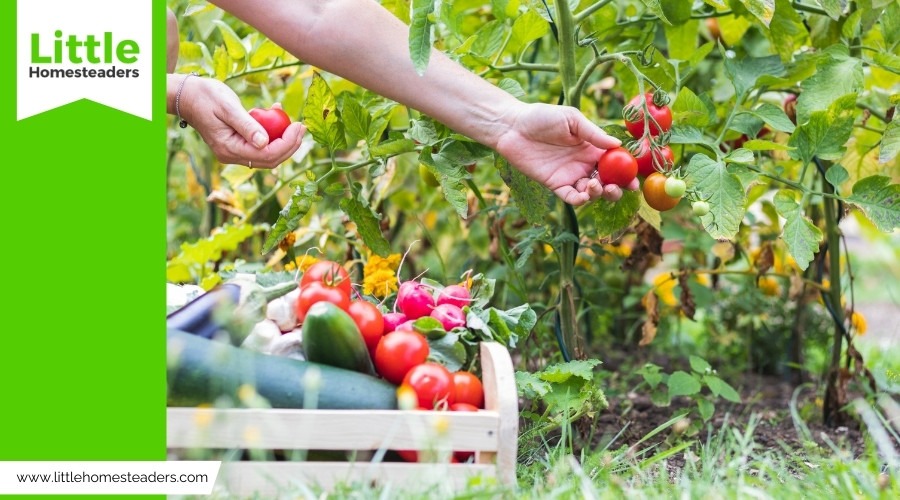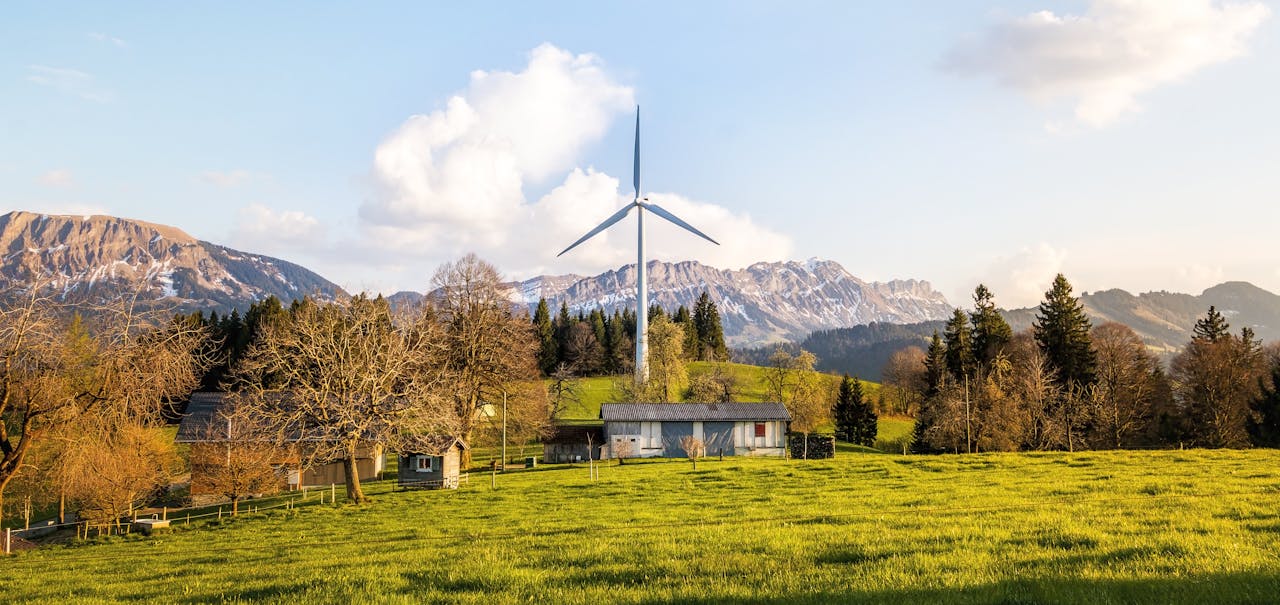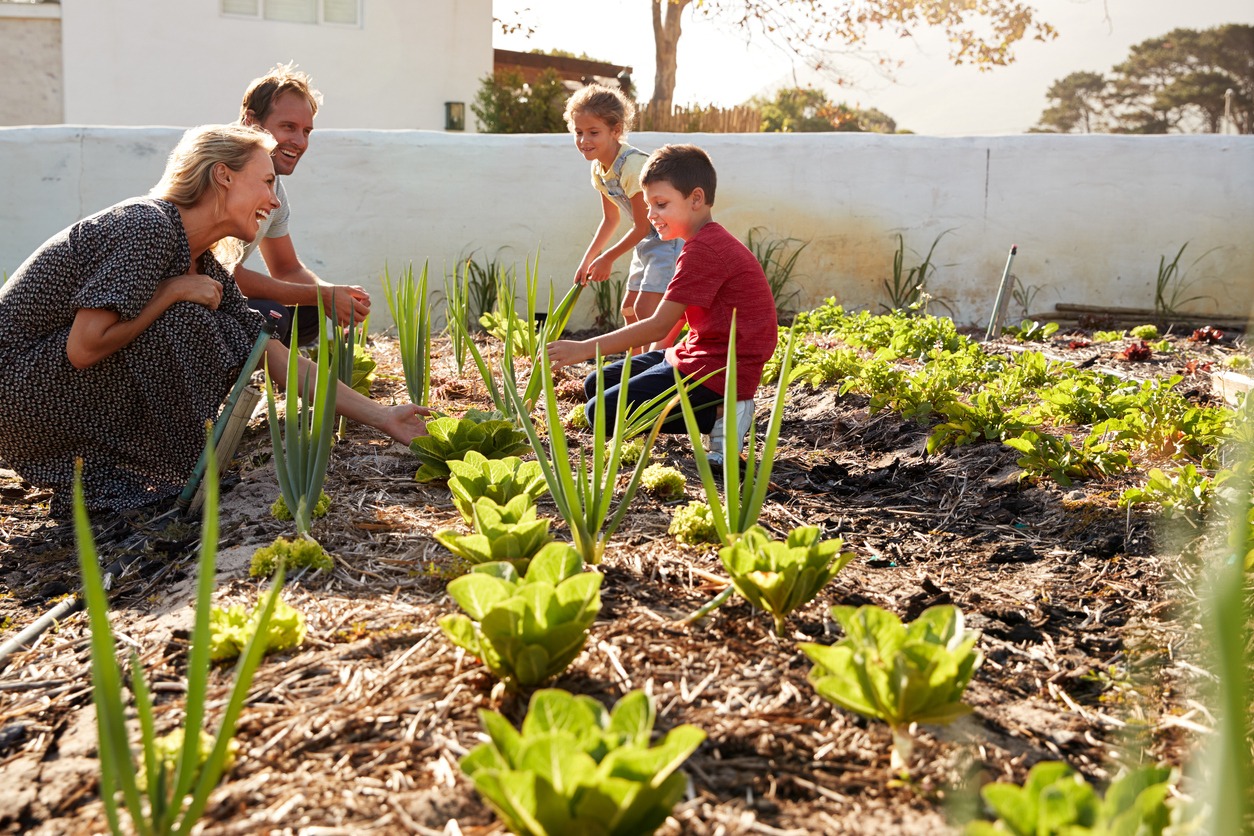Self-Sufficiency and Off-Grid Living: Is It Possible?
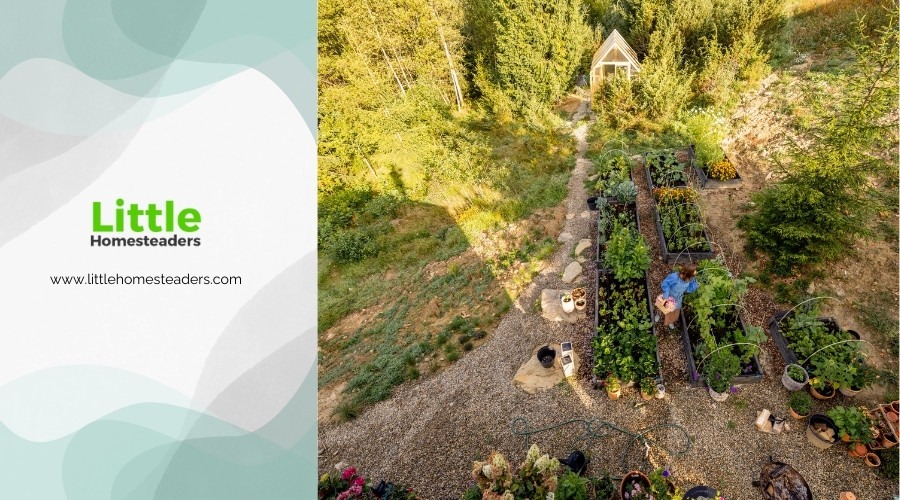
In a world where utility bills and dependence on public systems dominate, the idea of living off-grid has never been more appealing. Imagine a life where you generate your own power, harvest your own water, and grow your own food—a life of independence and harmony with nature. Sounds dreamy, right? But is it doable? Absolutely, though it's not a walk in the park. With some careful planning and a good dose of grit, you can turn the off-grid dream into reality. Let's dig into what it takes.
What is Off-Grid Living?
First off, let's clear up any confusion. Off-grid living means cutting ties with public utilities—no more electricity bills or water hookups. Instead, you'll rely on renewable energy sources like solar panels or wind turbines, collect and filter your own water, and handle waste responsibly.
But here's the kicker: off-grid doesn't always mean fully self-sufficient. You might still buy certain supplies or tap into local resources. And that's okay! The beauty of this lifestyle is that you can adapt it to suit your needs. Want to produce all your food? Go for it. Just want to lower your utility dependence? That works, too.
Living off-grid is about finding the right balance between independence and practicality. Whether you're looking to unplug entirely or just reduce your reliance on the grid, the key is to tailor the lifestyle to your goals and resources.
Why Choose Off-Grid Living?
Why do people take the plunge? The reasons are as varied as the folks themselves. For some, it's about protecting the planet—living sustainably and leaving a smaller carbon footprint. Renewable energy, efficient water use, and waste reduction are all steps toward a healthier Earth.
For others, it's about financial freedom. Think about it: no utility bills, no rent, no endless expenses tied to city living. Once you invest in off-grid systems, they often pay for themselves over time, leading to long-term savings.
Then there's the lifestyle itself. Off-grid living offers a slower, more intentional pace of life. It's about reconnecting with nature, gaining a sense of accomplishment, and finding peace in simplicity. Sure, it's hard work, but the rewards are deeply fulfilling. Imagine enjoying the fruits of your labor—literally—from a garden you grew yourself.
Essential Systems for Off-Grid Living
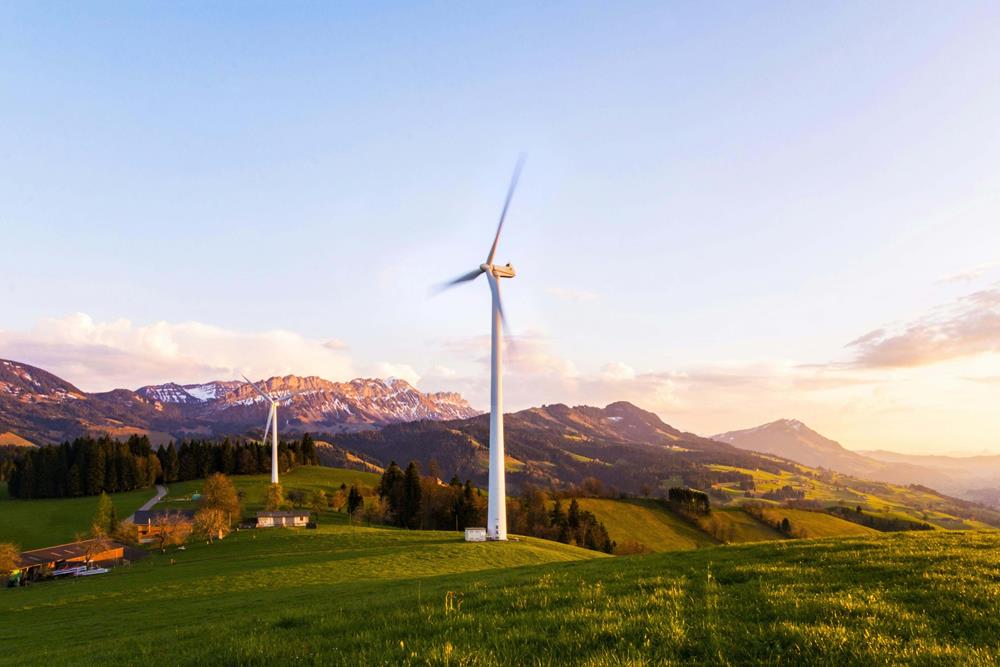
To make off-grid living work, you'll need a few key systems in place. Let's break it down:
Water Sources
You'll need a reliable water supply—that's non-negotiable. Options include drilling a well, setting up a rainwater harvesting system, or accessing a nearby stream or lake. Each choice comes with its own set of requirements, costs, and maintenance needs.
Filtration and purification systems are just as crucial. Whether you're using a simple charcoal filter or a more complex UV purification system, keeping your water clean ensures it's safe for drinking, cooking, and irrigation.
Energy Production
Renewable energy is your best friend. Solar panels are the go-to for many off-gridders, thanks to their reliability and relatively low maintenance. Depending on your location, wind turbines or micro-hydro systems might be better fits. If you're in a windy or water-rich area, these alternatives can provide consistent power year-round.
Pair these systems with battery storage to keep the lights on, even on cloudy days or during the night. Remember to factor in backup options like generators for emergencies—peace of mind is priceless.
Food Production
Growing your own food is key to self-sufficiency. Start with a vegetable garden that includes high-yield, easy-to-grow crops like tomatoes, potatoes, and leafy greens. Expand as you gain experience. Incorporating fruit trees and perennials can provide long-term food security.
Raising animals like chickens, goats, or rabbits adds another layer of sustainability. They offer eggs, milk, meat, or even natural fertilizer for your garden. Master preservation techniques like canning, fermenting, and dehydrating to store your harvest and ensure a year-round supply of nutritious food.
Waste Management
Composting toilets and greywater systems let you recycle waste responsibly. Composting organic waste enriches your garden soil, while greywater systems safely reuse water from sinks and showers for irrigation. Proper waste management reduces your environmental impact and keeps your living space clean and sustainable.
Shelter
Think energy-efficient and sustainable. Whether it's a tiny house, a cabin, or an earth-sheltered home, building with natural or reclaimed materials can lower costs and environmental impact. Insulation and design are critical for maintaining comfort year-round, especially in extreme climates.
Each of these systems takes effort to set up, but they're your building blocks for a sustainable life. The investment pays off not just financially but also in the peace of mind that comes with self-reliance.
Overcoming Financial and Practical Hurdles
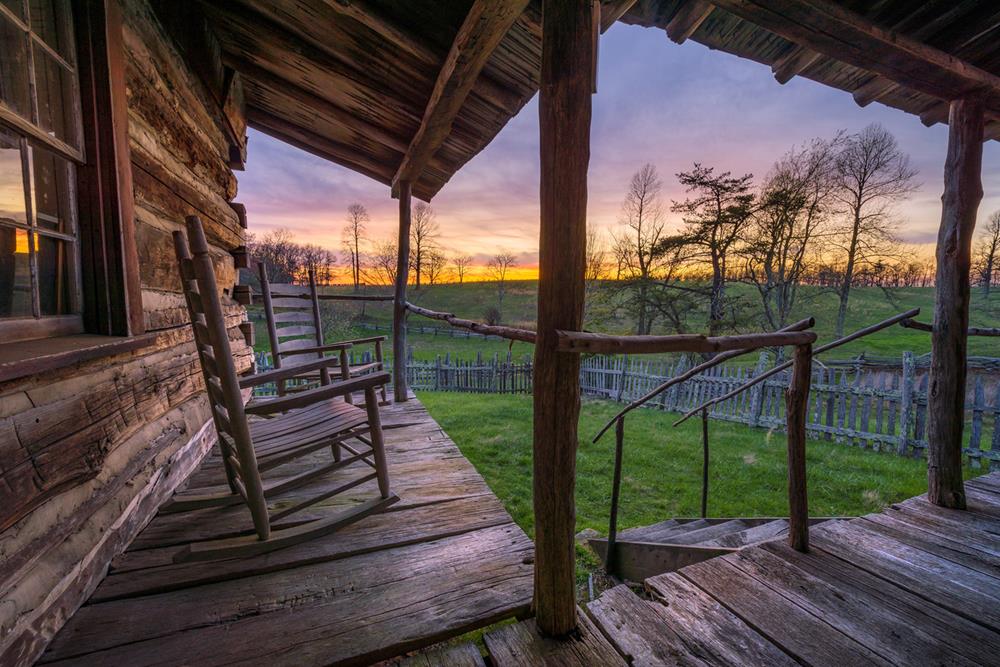
Let's talk money. Setting up an off-grid lifestyle isn't cheap, but there are ways to make it manageable:
Finding Affordable Land
Look for rural areas where land is cheaper, and zoning laws are less restrictive. Sometimes, local governments or private owners offer affordable or even free land—you just have to dig a little. Research is your best tool here; explore land auctions, community programs, or even word-of-mouth opportunities.
Cost-Effective Construction
Skip the mansion dreams and think small. Tiny homes, yurts, or cabins built with natural materials like cob or straw can save a fortune. Building with your own hands—even if it's just part of the process—can significantly reduce costs. DIY projects also give you the satisfaction of knowing your home inside and out.
Reducing Living Expenses
Once your systems are in place, you'll save big on utilities, groceries, and other recurring costs. Growing your own food and generating your own power might take effort upfront, but they lead to significant savings over time. You'll also find yourself spending less on unnecessary items as you embrace a simpler lifestyle.
Learning New Skills
Not sure how to install solar panels or grow a tomato? No problem. Join workshops, work exchange programs, or online communities to learn the ropes. Skills like carpentry, gardening, and basic mechanics are invaluable and often fun to pick up.
Joining a Community
Off-grid doesn't mean off-people. Many areas have thriving off-grid communities where folks share knowledge, tools, and resources. Tap into that network for support and inspiration. Community potlucks, shared labor days, or simply swapping advice can make the lifestyle more enjoyable and sustainable.
Lifestyle Adjustments and Personal Growth
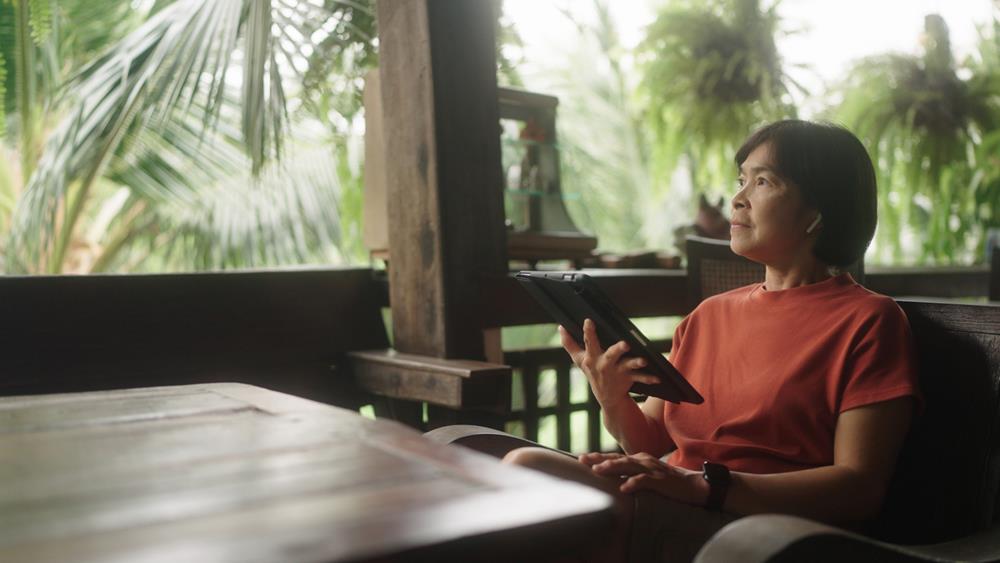
Living off the grid isn't just about changing your utilities; it's a whole new way of life. Here's what to expect:
Daily Routines
You'll find yourself doing things you never thought you'd do, like chopping wood for a fire or rationing your power use. Tasks that once seemed mundane—like hanging laundry to dry or preparing meals from scratch—become meaningful parts of your day. It's all about adapting and finding joy in the process.
Skill Development
Every day is a chance to learn something new—whether it's fixing your solar array, preserving food, or building a chicken coop. These skills aren't just practical; they're empowering. Each task completed is a reminder of your capability and independence.
Resilience and Adaptability
Things will go wrong—storms, broken tools, failed crops. But with each challenge, you'll build resilience and problem-solving skills. Over time, you'll develop a mindset that embraces challenges as opportunities for growth.
Community Building
While it might seem lonely, many off-gridders find they develop stronger community ties, whether through trading goods, sharing tips, or just lending a hand. Relationships built on mutual support often become the backbone of the lifestyle, offering both practical help and emotional connection.
Navigating Legal and Regulatory Challenges
Before you jump in, make sure you're playing by the rules. Here's what to consider:
Permits and Regulations
Research local zoning laws and building codes. Some areas are more off-grid friendly than others. Permits might be needed for things like water systems, renewable energy installations, or alternative housing structures. Understanding these requirements upfront can save you headaches down the line.
Homeowners Associations
If your land falls under an HOA, brace yourself for potential restrictions. These organizations often have rules about what you can build, how your property looks, and even how you use your land. Knowing these rules before you commit to a property is essential.
Seeking Professional Advice
Don't hesitate to consult a lawyer or local authorities. It's better to get clarity upfront than face fines or forced changes later. Professionals can also help you navigate tricky situations and find loopholes or solutions that align with your goals.
Challenges and Rewards of Off-Grid Living
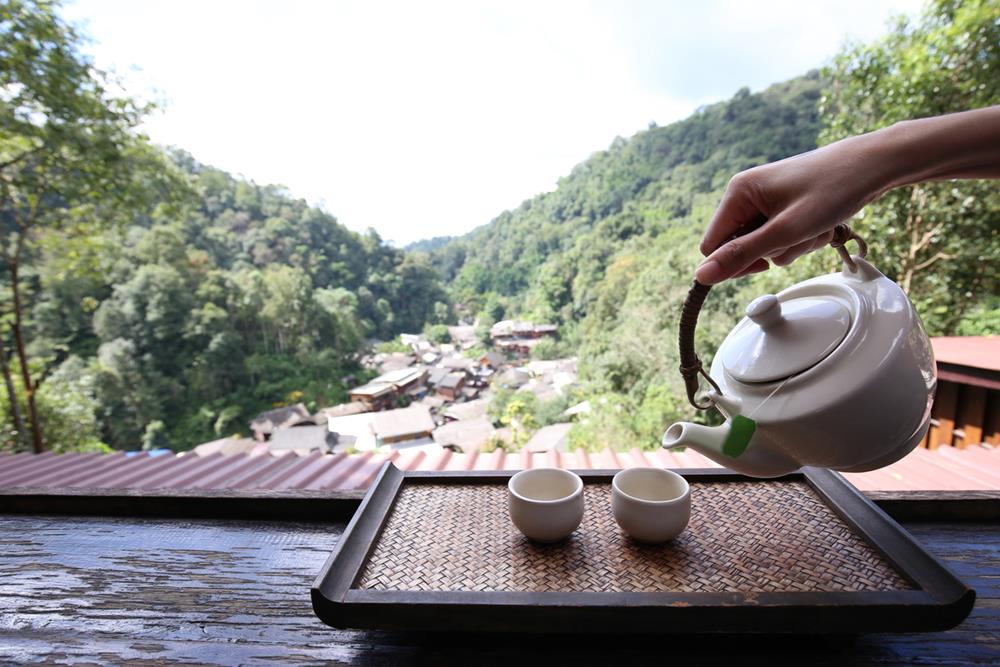
Let's be real: this isn't an easy path. The initial setup, the physical labor, and the lifestyle changes can be overwhelming. But the rewards? They're worth it:
- Financial Freedom: Say goodbye to monthly bills and hello to a more self-sustained life.
- Environmental Impact: Live lighter on the planet by reducing waste and reliance on fossil fuels.
- Personal Fulfillment: There's nothing like the pride of building a life that's truly yours, from the food you eat to the roof over your head.
Off-grid living isn't just a lifestyle; it's a journey toward greater independence and harmony with the world around you.
Tools and Resources to Get Started
Ready to take the plunge? Here are some resources to help:
- Books: Check out "The Self-Sufficient Life and How to Live It" by John Seymour.
- Websites: Join forums like Permies or Homesteading Today to connect with like-minded individuals and gather tips.
- Checklists: Create a detailed plan for water, energy, food, and shelter systems before you start. Preparation is half the battle.
Conclusion
Off-grid living is a journey—one that requires preparation, patience, and passion. But with the right mindset and tools, it's entirely possible. Start small, plan well, and take that first step toward a more independent and fulfilling life. You've got this!


